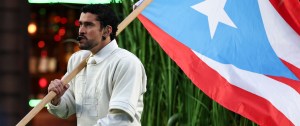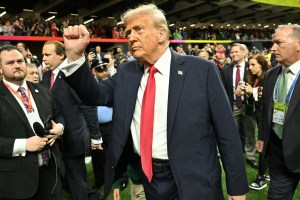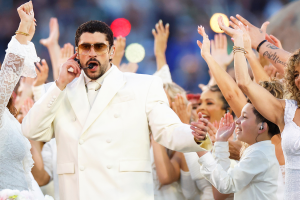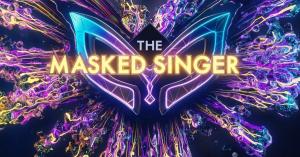Co-founded by YouTubers Logan Paul and KSI (née Olajide Olayinka Williams “JJ” Olatunji), the beverage brand PRIME has responded to recent criticism after its product was recalled over health and safety issues. As a result of PRIME’s high caffeine content, Senator Chuck Schumer called on the Food and Drug Administration to investigate the beverage. PRIME Energy contains 200 mg of caffeine per 12 oz. can, whereas Red Bull contains 80mg of caffeine in one 8.4 oz. can, and Coca-Cola contains 34mg of caffeine per 12 oz. can. “One of the summer’s hottest status symbols for kids is not an outfit, or a toy—it’s a beverage,” the politician said in a letter on July 9 via the Associated Press. “But buyer and parents beware because it’s a serious health concern for the kids it so feverishly targets.” Following the result of the global launch of this product last year, according to AP, some pediatricians warned that young children may encounter health issues that include heart problems, anxiety, and digestive problems as a result of the product.
Despite the intense scrutiny, Prime defended its energy drinks’ caffeine content. “PRIME Energy, sold in a can, dropped in 2023 and contains a comparable amount of caffeine to other top selling energy drinks,” a spokesperson for the company said to People on July 11, “all falling within the legal limit of the countries it’s sold in.” According to the brand, consumer safety is of the upmost priority, noting that it has complied with FDA guidelines since its launch and that PRIME Energy “states clearly on packaging, as well as in marketing materials, that it is an energy drink and is not made for anyone under the age of 18.” Schumer, however, was of the opinion in his letter to the FDA that there isn’t a significant difference between PRIME Energy’s online marketing and its caffeine-free Hydration line.
Videos by PopCulture.com
The problem with this confusion, according to Schumer, is that it might lead parents to choose the wrong beverage for their kids, resulting in them having to deal with a “cauldron of caffeine.” “A simple search on social media for Prime will generate an eye-popping amount of sponsored content, which is advertising,” Schumer wrote, per AP. “This content and the claims made should be investigated, along with the ingredients and the caffeine content in the Prime energy drink.” Health concerns have led some schools in the United Kingdom and Australia to ban PRIME energy drinks, which come in flavors like strawberry watermelon and tropical punch. In response to concerns about the high caffeine content of Prime Energy, Canadian health officials recalled the drink on July 12.
Prime Energy’s entire flavor line was recalled by the Canadian Food Inspection Agency (CFIA), with health officials citing “various non-compliances related to caffeine content and labelling requirements” as the reason. Per the BBC, the CFI wrote in a recall notice that Prime energy drink exceeded Canada’s caffeine limit of 180 milligrams per serving, stating that “high levels of caffeine may have adverse health effects for children, pregnant individuals, breastfeeding individuals, and those sensitive to caffeine. Exercising while consuming caffeine may lead to adverse health effects. Some of the side effects of consuming excess caffeine may include insomnia, irritability, headaches, and nervousness.”








